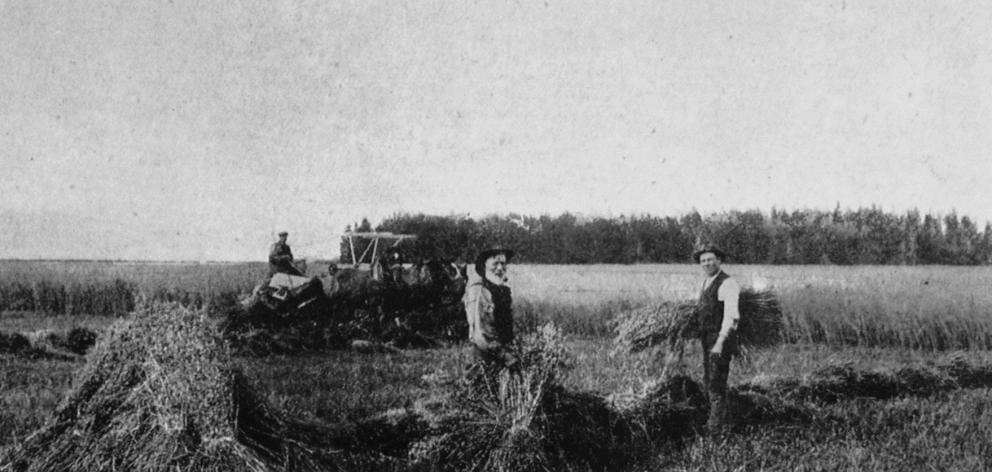
Groups of German machine-guns were established within 50 years of the Australians, who decided not to tolerate their close approach, and a number of Australians, during the night drove back the German outposts and captured prisoners. The Americans engaged in the fighting were not many compared with the Australians, but these few companies were eager to meet the enemy for the first time, and proved their fighting quality to the hilt, to the utter surprise of the enemy. The silencing of his guns made the battle less fearful than the Americans expected. The intensity of our gunfire was the most horrible feature.
British submarines
So much is heard about the doings of the U boats and so little about our own submarine service that people are in danger of forgetting we possess one. Yet (says the Daily Mail) no branch of our sea forces does more daring and successful work than our underwater craft. Under stress of war conditions the submarine has developed in the same rapid fashion as the aeroplane. In our flotilla are boats of a capacity undreamt of four years ago. No power has better. Our submarines have extremely dangerous and difficult duties assigned. Always their patrols are on duty off the enemy’s coasts. While our submarines are out stalking Huns their crews must be always on the alert, as the boat is obliged to keep herself hidden. During the day she remains for the most part submerged, probably lying on the bottom. Only at night can she venture to the surface, and not always with safety then. During the winter months the sea is so rough that depth-keeping becomes difficult. Boats bump and roll dangerously on the bottom and their crews suffer severely from the cold. In one case a boat had to continue diving in order to remove icicles a foot long which kept freezing on her upper works.
Trek through snow
Four of the five men engaged in road works in the Ashley Gorge under construction by the Public Works Department reached Oxford on Friday night after trudging for 12 miles through snow that was lying 4ft deep. They reached Christchurch on Saturday (says The Press). They accomplished the journey in their ordinary clothes. One of the party, who is 60 years of age, finished up hale and hearty and showing few signs of the strenuous times experienced.
Telegraph girls
"How are the girls turning out as Telegraph messengers." inquired a Dominion reporter of the Superintendent of Telegraphs at Wellington (Mr Talbot).
"Excellent!’’ said Mr Talbot, "very much better than expected.
They are smart and attentive to duty, and in these times, when it is simply impossible to get boys, the girls are answering splendidly. Mind you, we are looking after them well. I have 40 girls at work in Wellington, and so far have not refused any that look at all suitable for the work. Their neat costume has been much admired, and everyone says how well they look. — ODT, 9.7.1918.
• COPIES OF PICTURE AVAILABLE FROM ODT FRONT OFFICE, LOWER STUART ST, OR WWW.OTAGOIMAGES.CO.NZ












